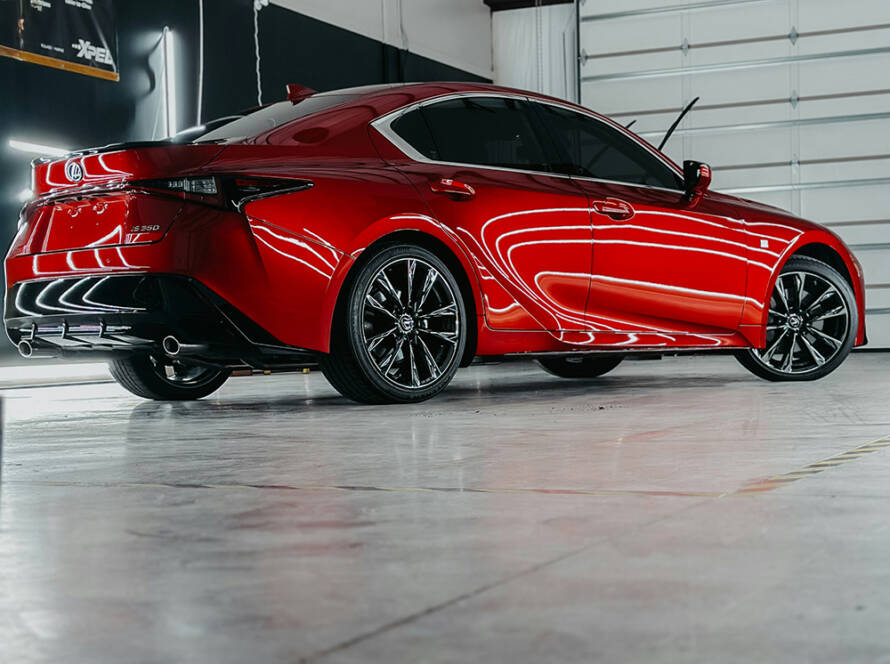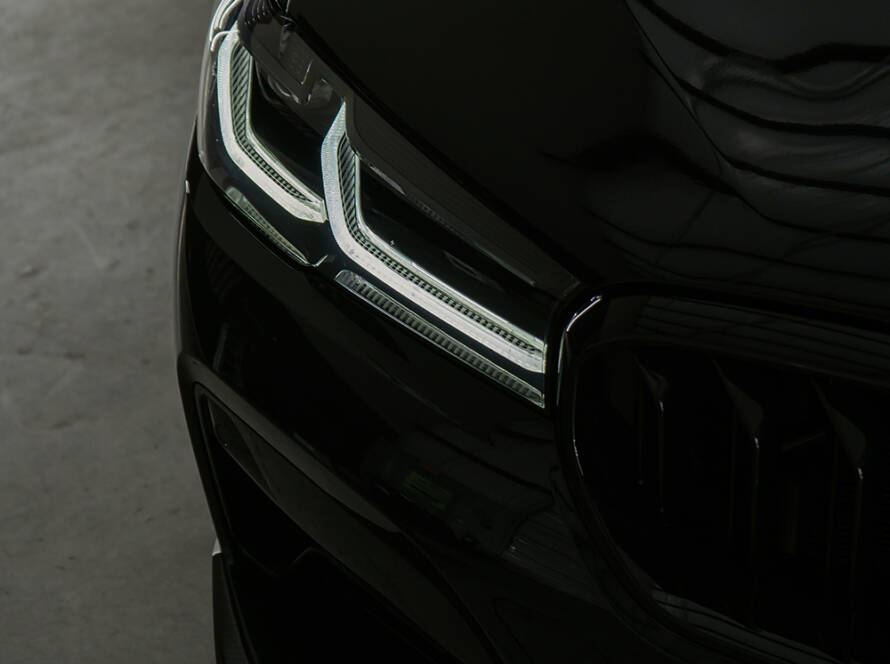After buying a car, one of the most confusing parts of vehicle ownership is understanding your insurance options. Two terms that often get thrown around are collision insurance and comprehensive insurance. While they sound similar, they offer very different types of protection. If you’re a driver in West Hollywood or Hollywood, understanding the difference can help you make smarter decisions about your coverage, and your wallet.
What Is Collision Insurance?
Collision insurance covers damage to your car resulting from an accident where you hit another vehicle or object, regardless of who’s at fault.
What’s Covered:
- Accidents with another vehicle
- Colliding with a pole, guardrail, or tree
- Hitting a pothole
- Single-car rollovers
This type of coverage helps you repair or replace your car if it’s damaged in a collision, even if you were responsible.
What Is Comprehensive Insurance?
Comprehensive insurance covers damage to your vehicle caused by anything other than a collision. It’s often referred to as “other than collision” coverage.
What’s Covered:
- Theft or vandalism
- Fire or explosions
- Falling objects (e.g., trees, debris)
- Natural disasters like floods or earthquakes
- Animal strikes (e.g., hitting a deer)
- Glass damage (like cracked windshields)
Do You Need Both?
If you’re leasing or financing your car, your lender will likely require both collision and comprehensive coverage. If you own your car outright, here’s a simple guideline:
- Keep both if your vehicle is newer or high value.
- Drop one or both if your car is older and worth less than $3,000.
- Consider local risks: high theft rates in Hollywood or wildfire risks in California may justify comprehensive coverage.
How Deductibles Work
Both types of coverage come with deductibles. You choose this amount when you buy your policy. If your deductible is $500 and the repair costs are $2,000, your insurer pays $1,500 and you pay $500.
Choosing higher deductibles can lower your premium, but make sure you can afford the out-of-pocket cost in case of damage.
When to File a Claim, and When Not To
File a Claim If:
- The damage is significant
- Someone else was involved
- You can’t afford the repair out of pocket
Avoid Filing a Claim If:
- The repair cost is less than your deductible
- It’s minor cosmetic damage
- You want to avoid premium hikes
———————————————————————————–
How Pristine Collision Center Helps
If your car has been damaged, whether by an accident or something else, our certified technicians can help restore it with OEM-quality repairs.
✔️ Aluminum and carbon fiber bodyworkWe work with all major insurers and can help you navigate your claim for either collision or comprehensive incidents.
Need help after an accident or non-collision damage? Pristine Collision Center offers trusted auto body repair services in West Hollywood and Hollywood. Book a free inspection or get help with your insurance claim today.
Yes. Collision insurance covers damage to your car no matter who’s at fault, and it can speed up repairs while fault is determined.
It depends on your car’s value and your risk exposure. If the premiums outweigh the vehicle’s worth, you might skip it.
No. Collision and comprehensive insurance cover physical damage, not mechanical breakdowns.
Yes, depending on the cause. Collision covers accidents, while comprehensive covers non-collision events. The total payout will depend on your policy limits.
Yes. We work with all major insurance providers to help customers with both collision and comprehensive claims



